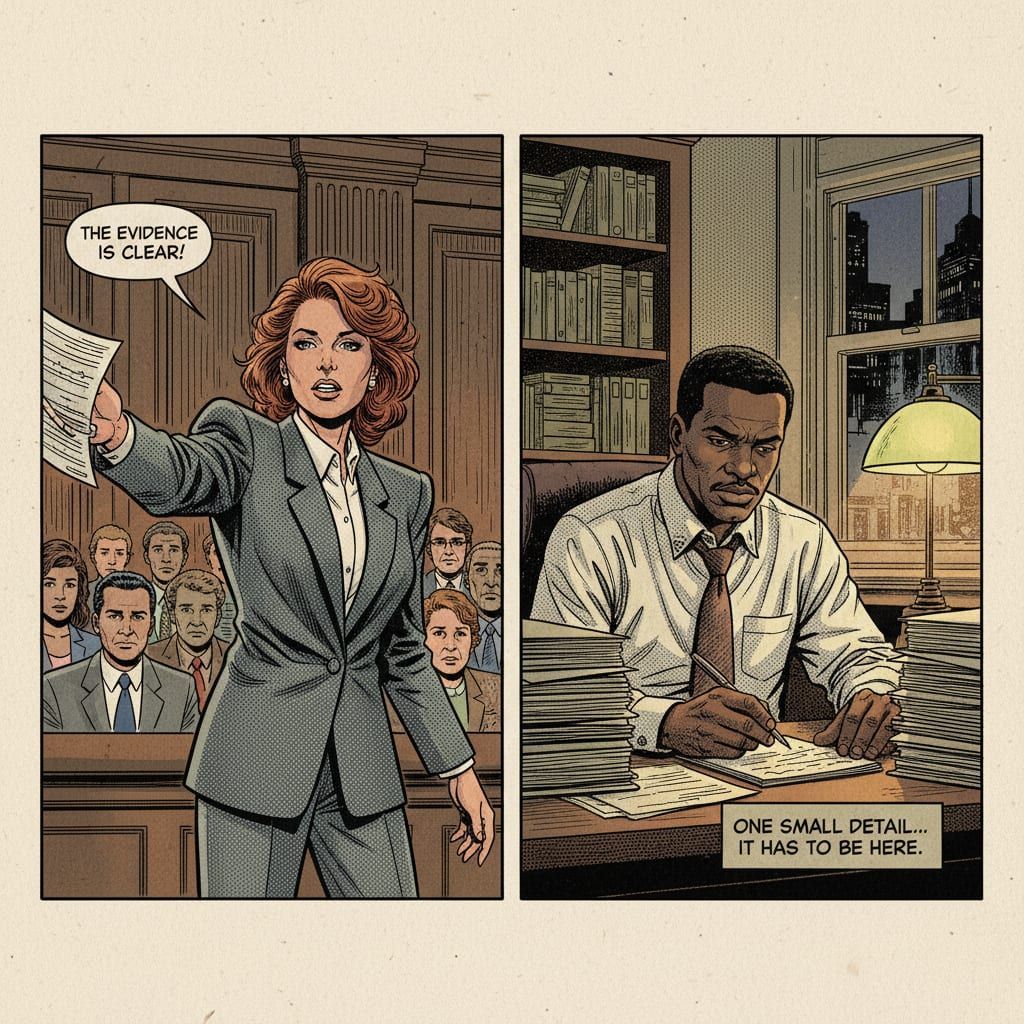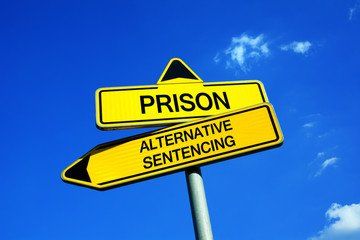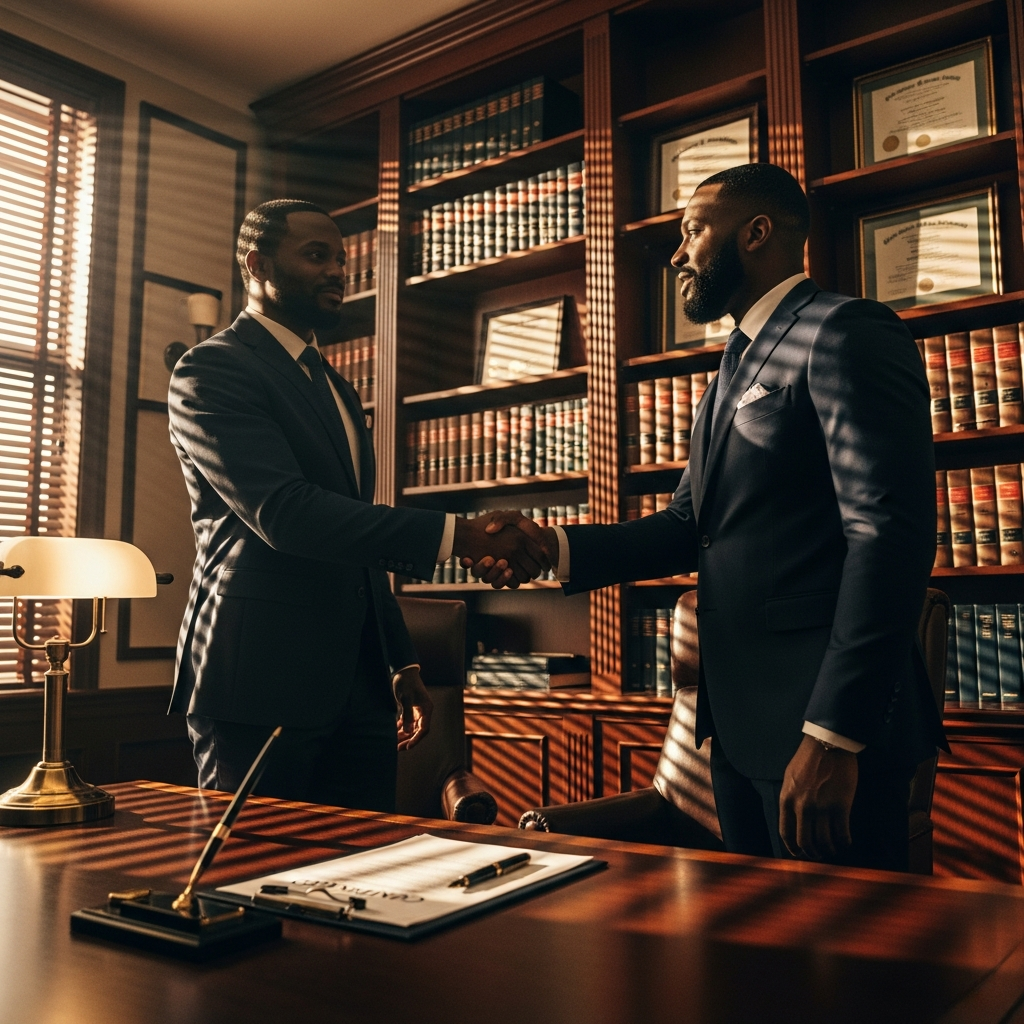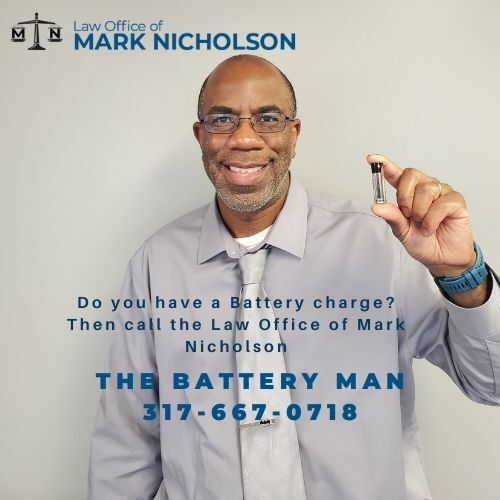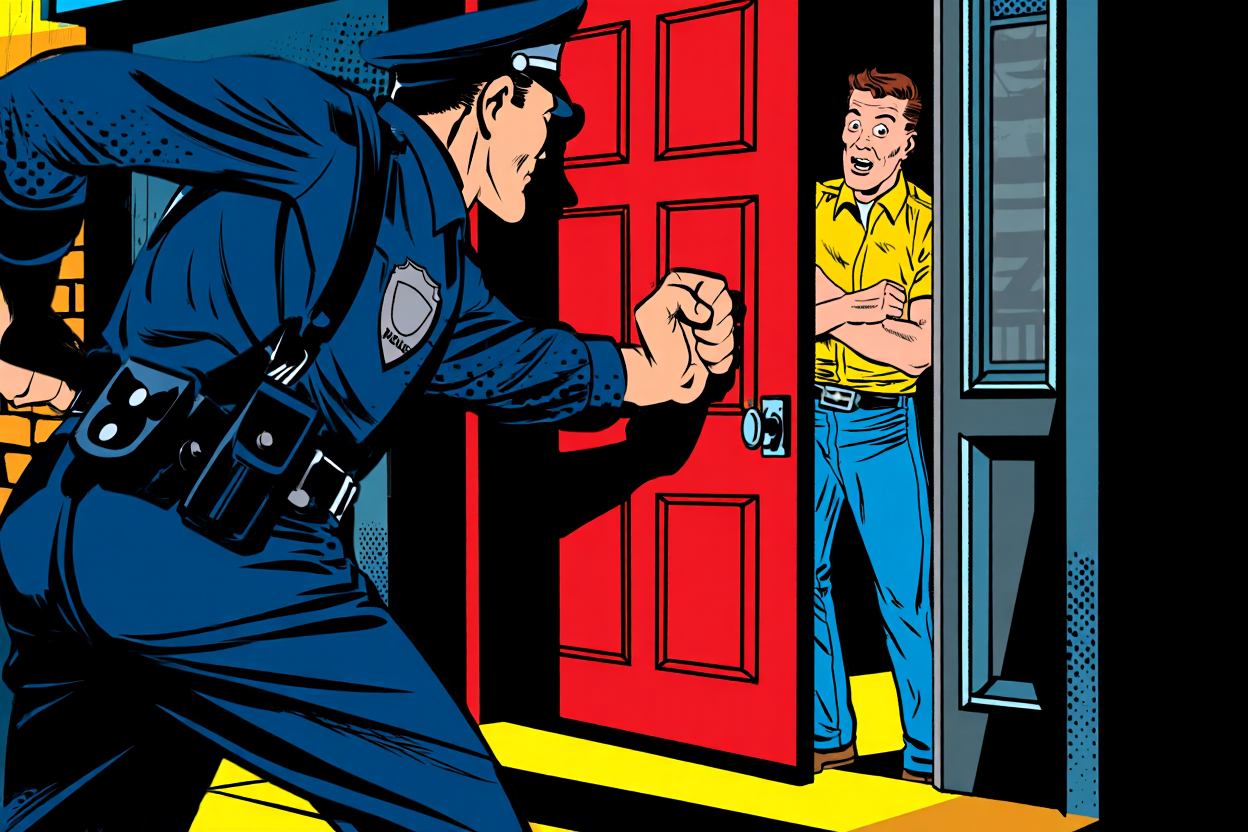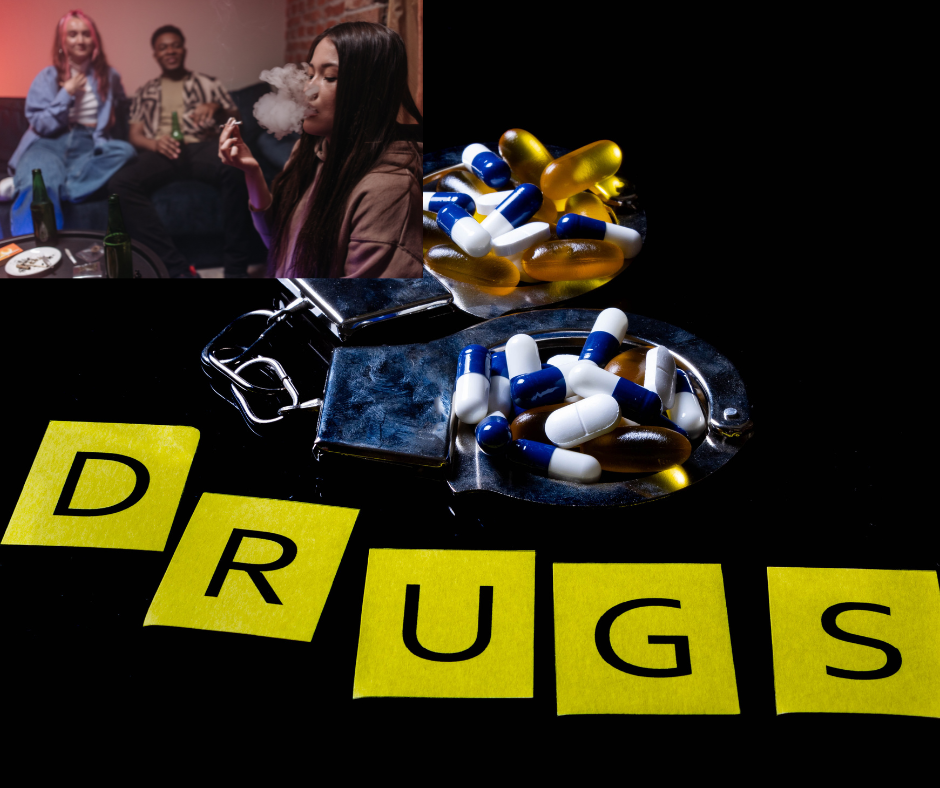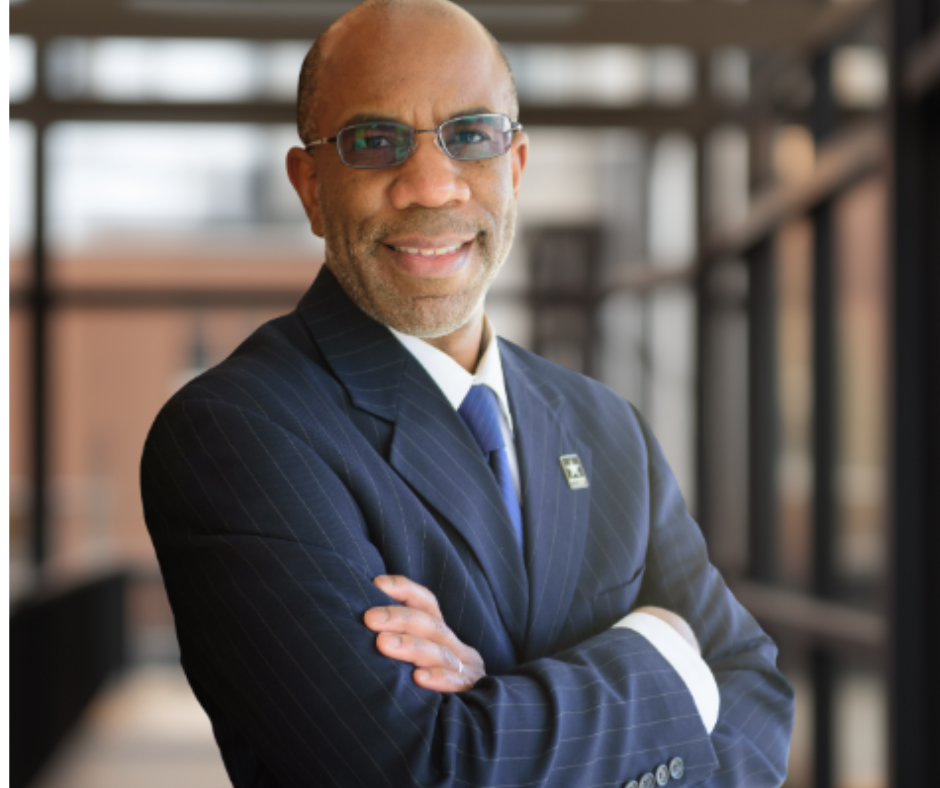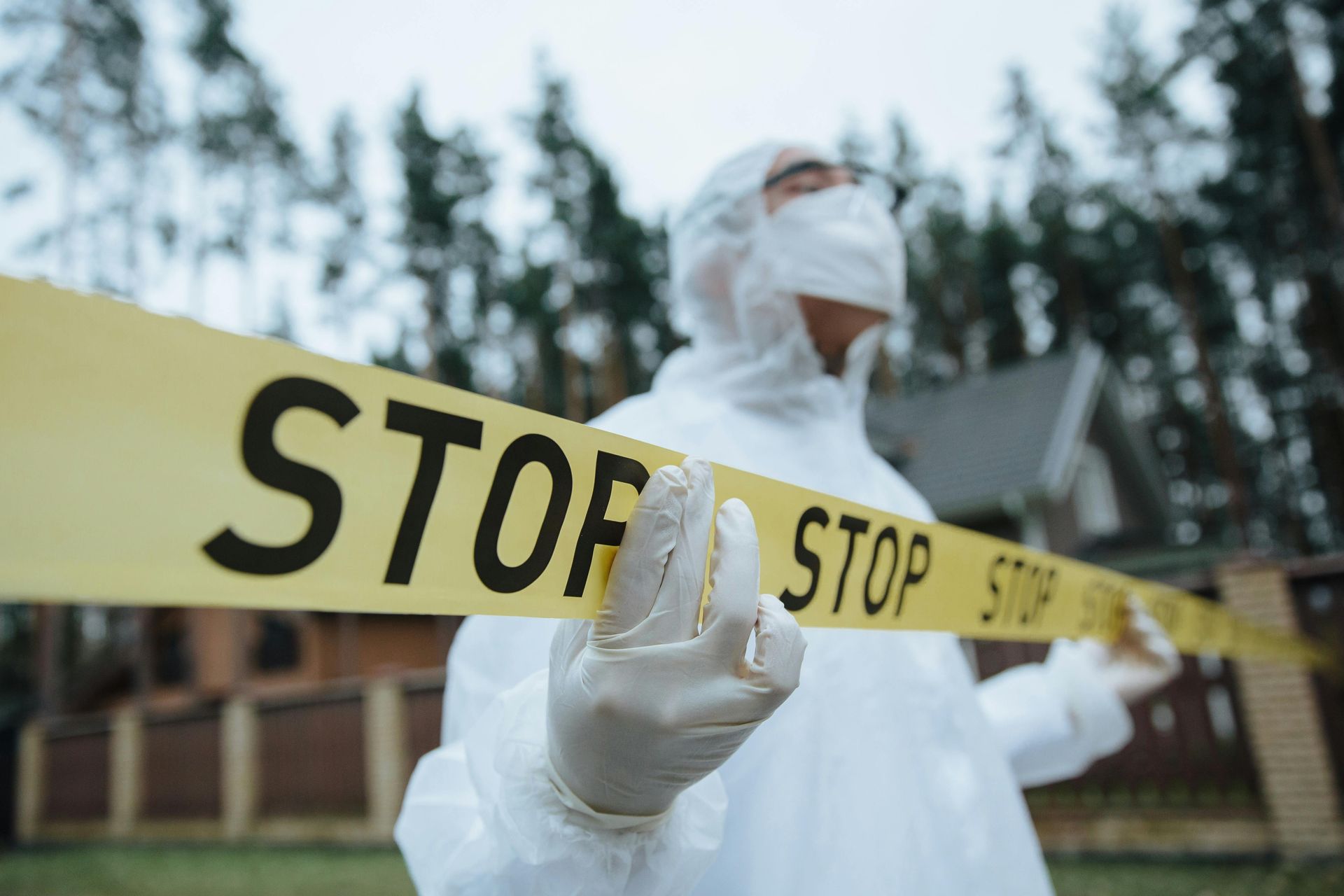Puff Daddy's Sentence: Lawyer's Reaction After Diddy's Sentence
The Battery Man's Reaction to Diddy's Repentance Sentence
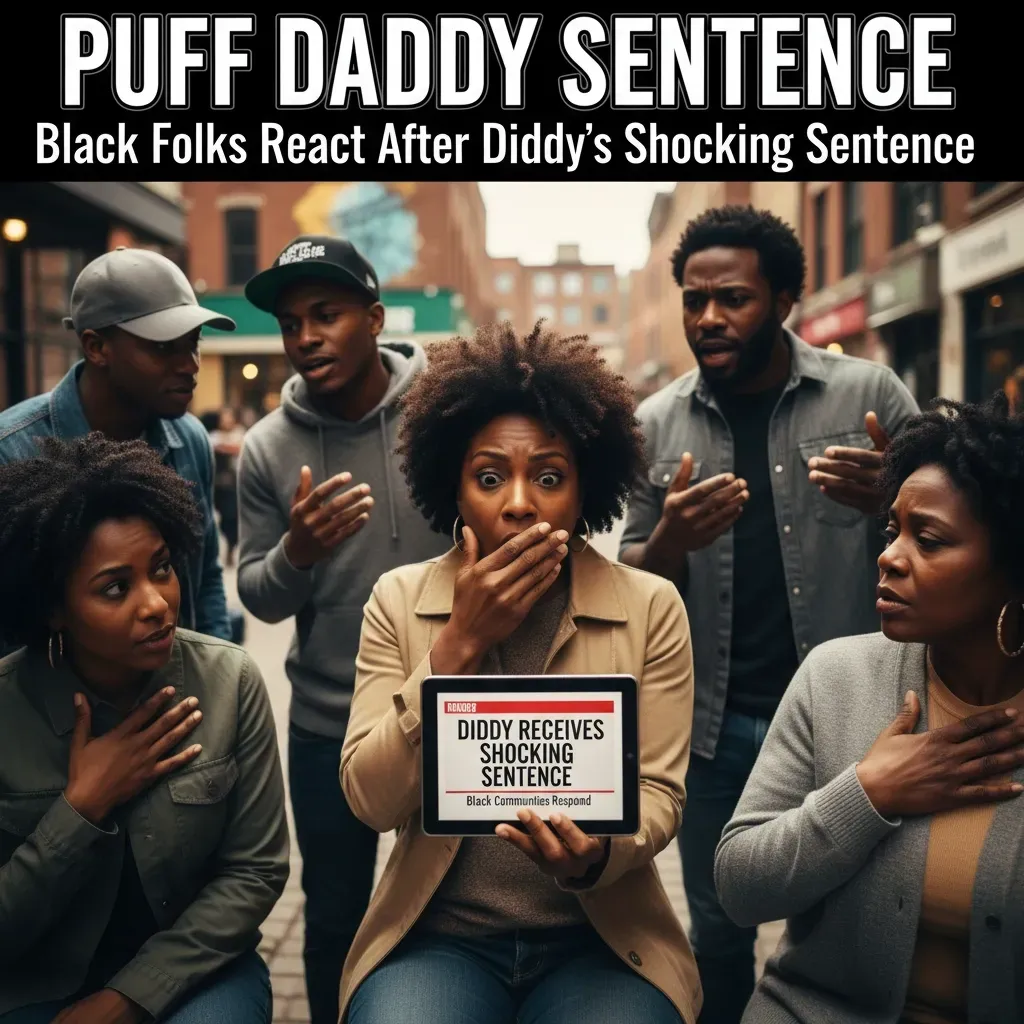
The gavel came down hard on October 3rd, and Sean "Diddy" Combs walked away with a 4-year, 2-month federal prison sentence that left everyone talking. But here's the thing – while the internet was buzzing with hot takes and reactions, finding actual documented responses from the Black community to this specific sentencing has been surprisingly difficult to pin down.
The Courtroom Drama That Had Everyone Watching
Let's start with what we know for sure. Diddy's sentencing hearing was a marathon session that stretched from 10 AM to nearly 5 PM, and it was emotionally brutal to watch unfold. The music mogul broke down multiple times in front of his six children, telling them "I failed them" while they begged the judge for mercy.
Picture this: his kids standing up in that federal courtroom, voices shaking, saying "Please give my father a chance. Please show my father mercy." That's the kind of raw emotion that cuts through all the celebrity noise and reminds you that real families are getting torn apart by these proceedings.
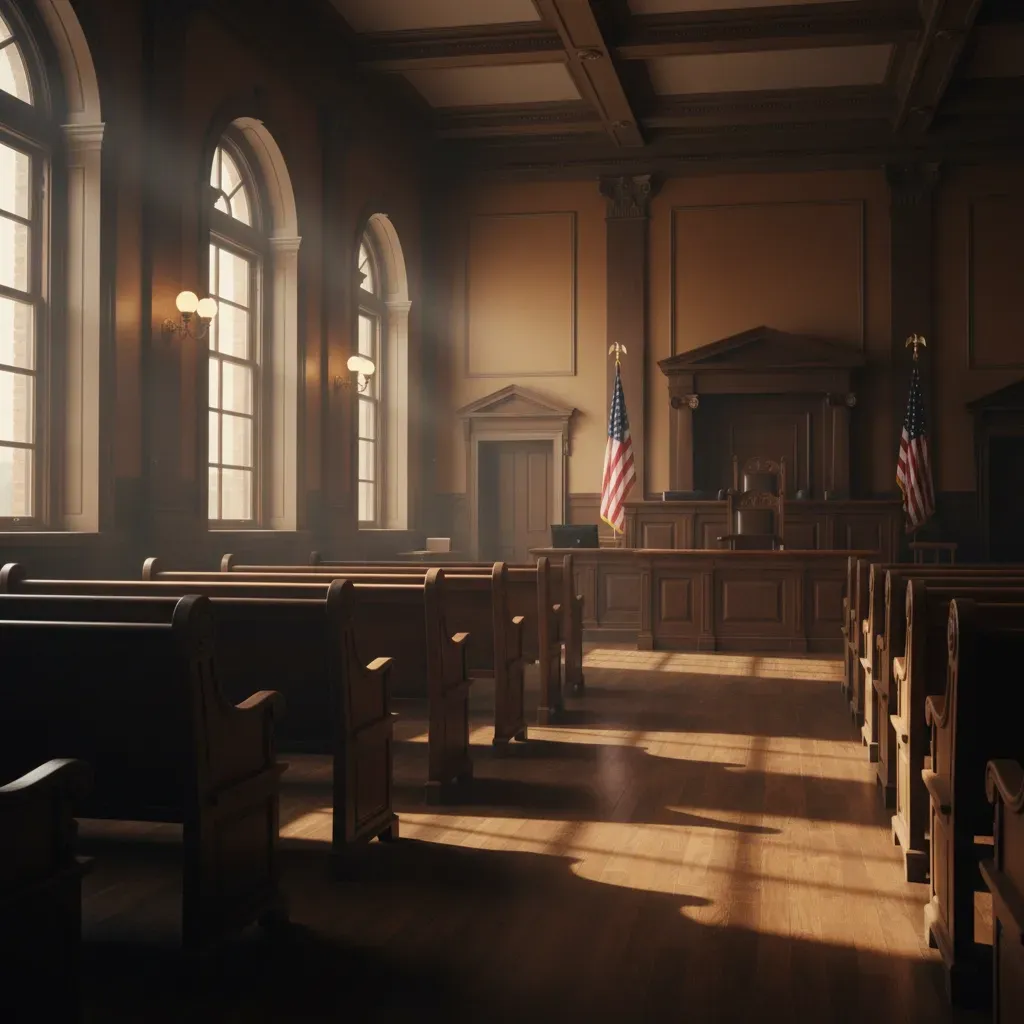
The prosecution wanted blood – they asked for 135 months, which is over 11 years behind bars. Diddy's high-powered legal team, led by Nicole West Morland, fought for just 14 months. The judge split the difference at around 4.25 years, but even that "compromise" means one of hip-hop's biggest names is headed to federal prison.
What The Charges Really Mean
Here's where it gets legally interesting, and why cases like this matter for regular folks facing the system. Diddy got convicted on two counts of transportation for the purposes of prostitution under the Mann Act – that's moving people across state lines for commercial sex. But here's the kicker: he beat the bigger charges.
The feds threw everything they had at him – racketeering conspiracy, sex trafficking, the works. Those are the kinds of charges that can put you away for decades. But the jury said "not guilty" on the heaviest stuff. That's huge, and it shows that even with all the media circus and public pressure, sometimes the evidence just doesn't add up to what prosecutors claim.
The Real Talk About Celebrity Justice
This is where things get complicated, and where the conversation in the Black community usually gets heated. We've seen this movie before – successful Black men getting hit with federal charges while the system seems to give others a pass. But we've also seen cases where celebrity status and deep pockets buy outcomes that regular folks could never afford.
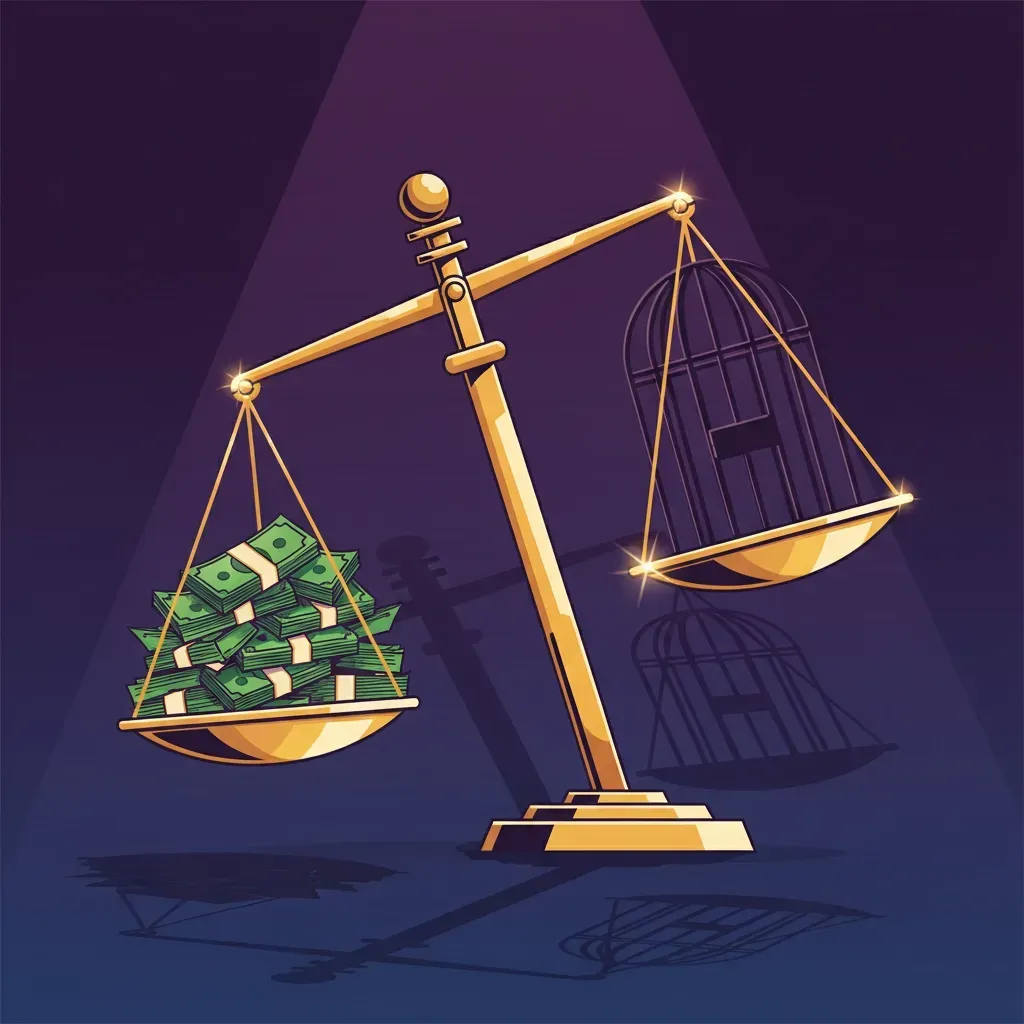
So what's fair here? Some folks are saying 4 years is a slap on the wrist for someone with Diddy's resources and influence. Others are pointing out that he beat the most serious charges, so maybe the sentence fits what he actually got convicted of. And then there's the crowd saying the whole thing was a witch hunt from the start.
The problem is, without clear data on what the Black community is actually saying about this specific sentence, we're left guessing at reactions instead of documenting real responses. That's frustrating when you're trying to have an honest conversation about justice and fairness.
When Money Meets Federal Prison
Here's what nobody's really talking about but should be: federal sentencing doesn't care about your bank account the way state courts might. You can't buy your way out of federal time, and there's no parole in the federal system. Diddy's going to serve at least 85% of that sentence, period.
That's approximately 3.6 years of actual prison time, plus 5 years of supervised release afterward. For someone who's used to private jets and penthouse living, federal prison is going to be a reality check that no amount of money can soften.
The Legal Defense That Almost Worked
Credit where it's due – Diddy's legal team put up a fight. They got him acquitted on the charges that could have buried him for life. That's the difference between having real criminal defense attorneys and just going with whoever's cheapest. When you're facing federal charges, especially high-profile ones, you need lawyers who know how to work the system and aren't intimidated by government prosecutors.
Nicole West Morland and her team got emotional during their presentations, and that's not weakness – that's advocacy. They fought for their client like his life depended on it, because it did. That's exactly the kind of aggressive representation every defendant deserves, whether you're a celebrity or somebody facing charges in Indianapolis.
What This Means for Regular Folks
Here's the bottom line that matters for people who aren't billionaire music moguls: this case shows that the federal system can be beaten, but it takes serious legal firepower and a strategy that goes beyond just hoping for the best.
The prosecution came at Diddy with everything – RICO charges, sex trafficking, the works. They had resources, they had media attention, and they probably thought this was going to be a slam dunk. But good defense work got him acquitted on the charges that would have destroyed his life completely.
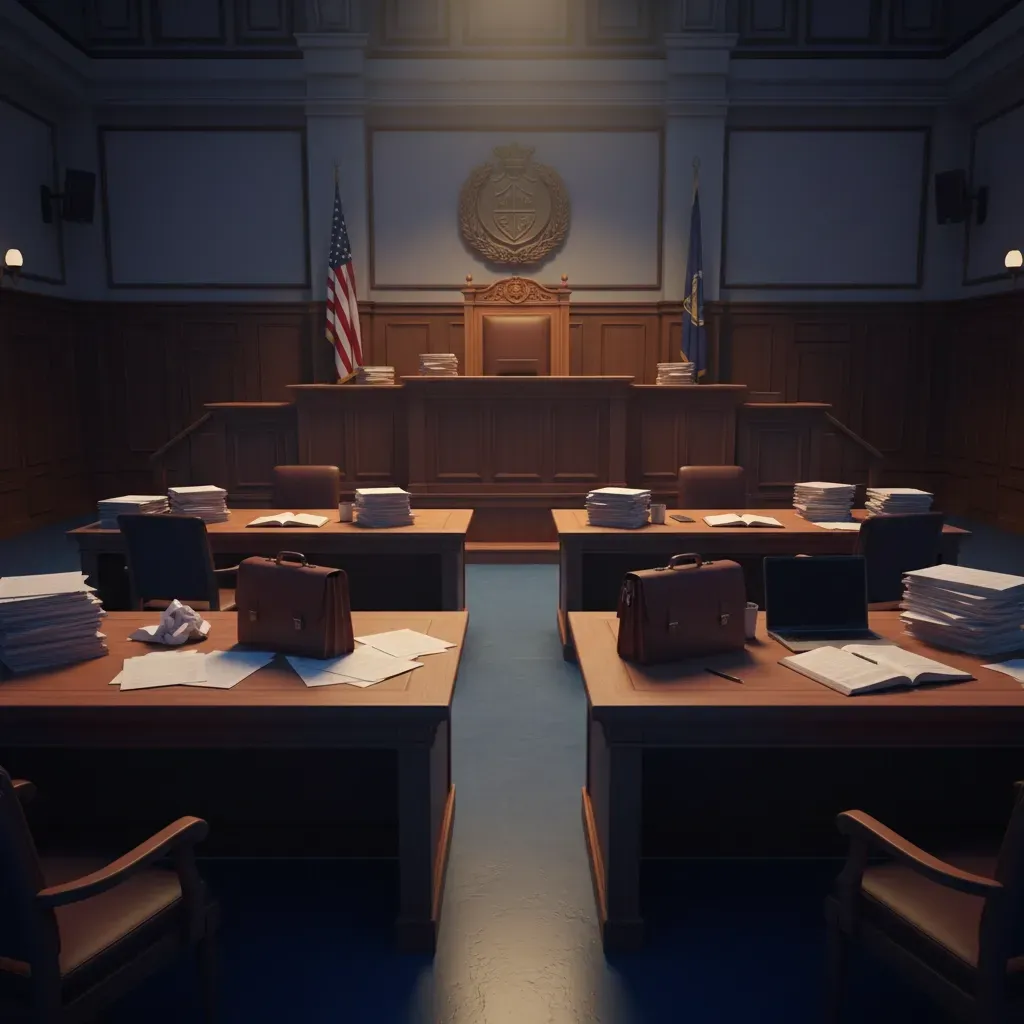
That's the lesson here. When you're facing serious criminal charges, especially federal ones, you need attorneys who understand that every case is winnable if you know how to fight it. The government isn't unbeatable, but they're going to bring their A-game, so you better bring yours too.
The Appeal Game Starts Now
Don't think this story ends with sentencing. Diddy's team is almost certainly going to file appeals, and they've got grounds to work with. Getting acquitted on the major charges but convicted on lesser ones gives defense attorneys something to argue about in appellate court.
Federal appeals take time, but they're worth pursuing when you've got the resources to do it right. And in cases like this, where public attention was so intense during the trial, there might be arguments about whether Diddy got a fair shake from the jury.
Justice, Celebrity, and Community
The frustrating part about trying to write about community reactions is that social media gives us fragments and soundbites, but not necessarily representative voices or thoughtful analysis. What we end up with is a lot of noise but not much signal about what people really think about justice, fairness, and whether this sentence makes sense.
What we can say is this: when high-profile cases happen, they become proxies for bigger conversations about how the justice system treats different people. And those conversations matter, whether we're talking about a celebrity defendant or someone facing charges without cameras rolling.
The Takeaway for Anyone Facing Federal Charges
If you're reading this because you or someone you know is dealing with criminal charges, here's what Diddy's case should teach you: the government can be beaten, but it takes real legal expertise and a willingness to fight every step of the way.
At the Law Office of Mark Nicholson, we bring that same aggressive approach to every client, whether you're facing domestic violence charges or more serious criminal law issues. We don't back down from prosecutors, and we don't settle for outcomes that aren't in our clients' best interests.
The federal system is tough, but it's not unbeatable. The key is having attorneys who understand how to navigate it and aren't afraid to take the fight to the government when that's what it takes to protect your future.

